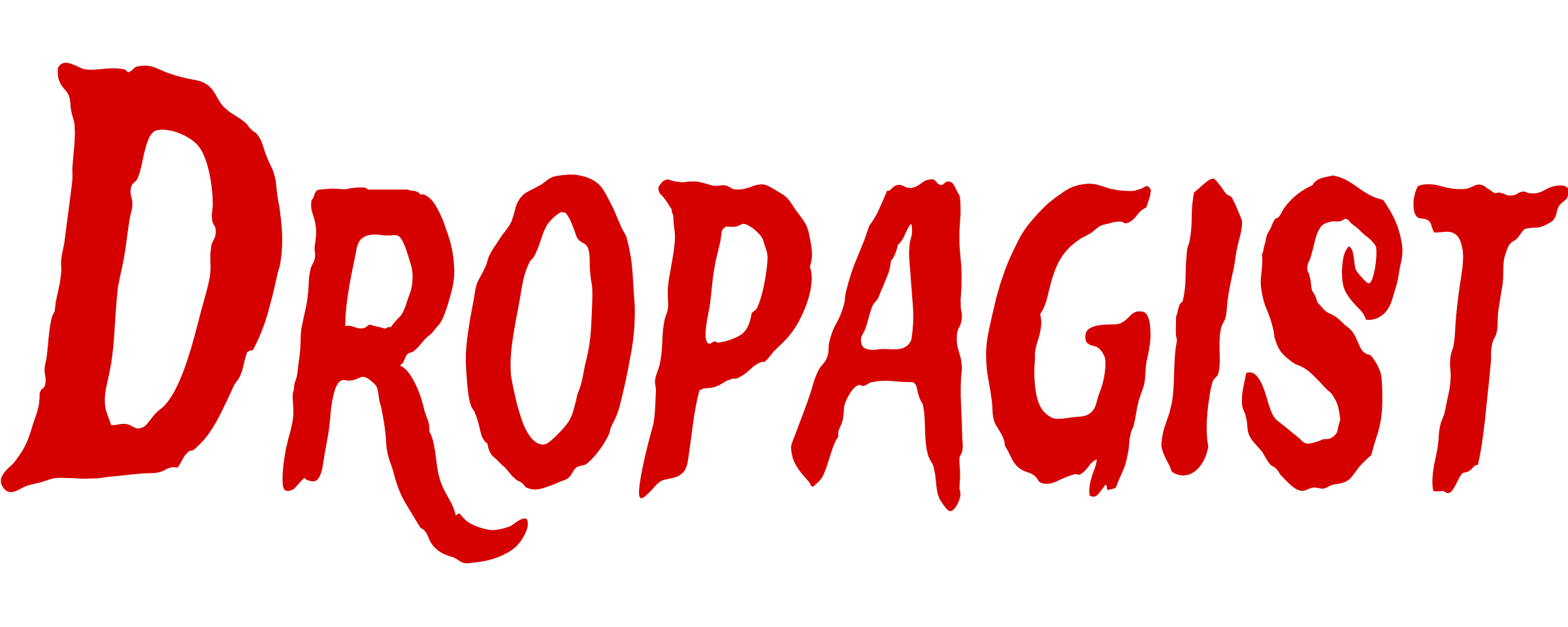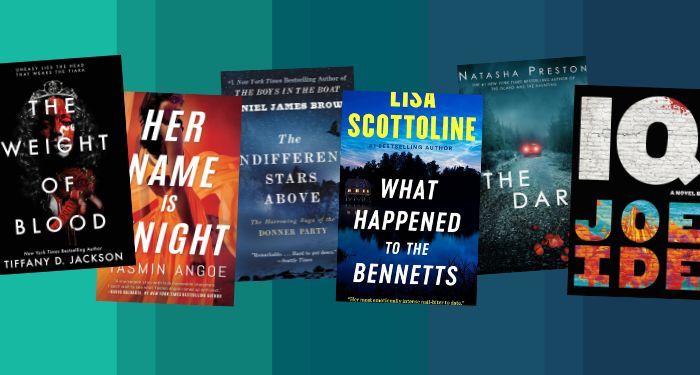Last year, Idaho passed House Bill 710 (HB 710), one of the most draconian book censorship bills in the nation. Over the last several months, public libraries statewide have scrambled to figure out how to comply with the law. This has included the possibility of adults-only public libraries in the state and signs that have taken patrons in some public libraries by surprise–despite how widely publicized the bill was and how loudly those in the state rallied against it.
Now, Kootenai County libraries are planning an adults-only room in one of their branch libraries, have removed over 140 books from shelves “for review,” and seek to eliminate all-access cards for minors. Community Library Network, the name of Kootenai County’s seven library system, also proposed new guidelines in their collection development policy that would not allow the library to acquire or own materials for the children’s, teens, or young adult collections that contain “abortion, police discrimination, drugs, gender identity, occult, racism, rape, suicide, violence, nontraditional families or lifestyle.” In other words, any books that are among the most popular, most well-read, and most diverse available in these categories.
For the Community Library Network, HB 710 provides an immense opportunity to ban access to information and materials for those in their service area under the guise of following the law.
Idaho’s HB 710 allows parents or guardians to lodge complaints against materials they deem inappropriate for minors. Once a complaint has been filed, public and school libraries have 60 days to relocate the material to a section that is only accessible to adults. If they do not comply, those parents or guardians can receive $250 in statutory damages from the library in question, alongside other financial relief for damages.
The Community Library Network board had long discussed various means of book censorship as early as 2021 when the board noted they received 14 complaints over books in the children’s area. The county also saw its own sheriff play into the book banning frenzy, claiming he heard complaints over books in the library that he deemed “explicit.” More recently, the Community Library Network removed the words “diversity, equity, and inclusion” from its own website in August 2024. Just one month later, due to the board’s inability to properly budget, the Network laid off 13 library workers.
At the latest board meeting, the Community Library Network board voted to set up an “adults only” room in the Post Falls Library. This is where books deemed to have “mature themes” and content would be relegated, and the room would be accessible only to those over the age of 18. Those under 18 would be allowed to go into that room if accompanied by a parent or guardian, and that parent or guardian would need to sign a form in order to do so.
That isn’t enough for some on the board, though. Board member Tony Ambrosetti argued that no one under 18 should be allowed to go in the room, even with parental permission. In his perspective, parents who allow their children to do things like attend Pride events aren’t capable of being good parents.
Per reporting from The Spokesman-Review, Ambrosetti said “I can’t believe that we are all right with having parents taking […] Under the guise that they know what’s best for their children? Forget that if you were at Pride in the Park 2½ years ago.”
For now, the “adults only” room and collection will be solely at the Post Falls Library, though the board may elect to create additional “adults only” spaces at other branches.
In addition to deciding to create the “adults only” room at Post Falls, the Community Library Network board also discussed the 140 books removed from the collection “for review.” These books are currently unavailable to any library patrons while library workers–and a soon-to-be-hired collection development manager (who, per the job description provided in the board packet, would be given incredible power to decide what books can or cannot remain in the library so long as it was what the board wanted)–review them for suitability and to determine whether they will be banned or relocated in the system. The library director claimed that, despite the fact the books are currently inaccessible to anyone in the community, those 140 books are not actually banned.
This is, of course, what it means to ban a book. When you remove books from where they once belonged, then you have engaged in the act of book banning. But even if the words “book ban” feel too harsh, the director himself explicitly explains his role in censoring those books by removing access to them while they’re being reviewed. Those titles are not at all available to taxpayers as they sit off shelves in the back for review.
Despite director Martin Walters’s claims, these are not “normal library mechanisms” for reviewing material, especially for materials that are not formally challenged. Seventeen books have received requests for relocation since the Walters began in September, and so far, 15 of those requests have been fulfilled. Hanging onto 140 other books “for review” is straightforwardly banning the books. The titles of the 140 books are unknown, as none of the titles are in the current board packet.
The “adults only” room and the current banning of 140 titles weren’t all, though. The children’s library card installed by the Community Library Network board in August 2023 is getting revamped. Despite the reality that minor-restricted cards are a massive liability for public libraries and do not solve the manufactured problem of “inappropriate” books in libraries, choice was at the forefront in this district. Parents/guardians could decide whether to allow minors an all-access library card or an age-restricted card.
Now, that choice is gone. The board elected to eliminate all-access cards to minors; now, only the minor-restricted cards are an option for those under 18. Why? Because those minors might access material at other libraries that the board does not approve of. This includes the nearby libraries in Washington State (Kootenai County is a border county). Board members are so hellbent on dictating what other people can do–overriding the so-called “parental rights” they claim to be protecting–that they will not allow parents to make a decision about what their own children can and cannot have access to.
“I’m going to protect minors, and therefore I’m not going to let minors have access to anywhere, including Washington state, including other libraries in Idaho that may not be as conservative as we are,” board member Tom Hanley said, per The Spokesman Review.
The card change would impact over 8,900 people under the age of 18 who would immediately lose access to books and other materials, both print and digital, if it is not within the approved parameters of the Community Library Network’s collection.
As mentioned above, this comes as the Community Library Network’s board is pushing to ensure that no materials for youth, teens, or young adults can be purchased if they have themes or topics related to “abortion, police discrimination, drugs, gender identity, occult, racism, rape, suicide, violence, nontraditional families or lifestyle.” In other words, young people wouldn’t have access to books about divorce, LGBTQ+ people, stories that aren’t about how great the police are, about people from non-cishet white Christian backgrounds, and so forth. It wouldn’t matter if parents wanted their children to borrow these titles. The library board plays the fascist parent role and makes that decision unilaterally.
All of these changes are not about protecting children. They’re about further stigmatizing them and pushing young people to the margins of society. They’re about denying children and teens the right to learn, to grow, and to experience the realities of the world around them. It’s being done under the guise of “parental rights” while revoking the rights of any parent who doesn’t agree with the singular view of the world proposed by the library board.
It’s about indoctrination and about grooming these young people into far-right, white Christian nationalism.
We’re going to see more and more stories like this, both in Idaho, where laws like HB 710 encourage such governmental overreach and in other states, where far-right adherents will be further empowered to actively harm the intellectual and educational needs of the most vulnerable population: young people. We cannot be silent, and we cannot believe that collecting books for our personal shelves is anything other than something that feels good. This action does not do anything to protect the institutions of democracy in America, such as public libraries, which have been under nonstop attack.
For over four years, censorship has been at a fever pitch, and it’s only going to get worse. Change will only come through ongoing efforts to show up to board meetings, get involved in local government, vote for local offices that have a far more profound impact on your day-to-day life than top-of-the-ticket elected offices do, and highlight stories like these that are about cruelty for cruelty’s sake.
We are not powerless, but we need to be doing the work, too.
Folks itching to take America back to a pre-Civil Rights era and folks itching to erase any voice that does not look or sound like theirs have been showing up and digging in.
So much for Community Library Network’s tagline, “We Empower Discovery.” If anything, the Community Library Network serves as the model that other libraries being taken over by far-right boards, like Alpena Public Library in Michigan and York County Libraries in South Carolina. This is not about empowerment or discovery.
It’s about control.




)




 English (US) ·
English (US) ·